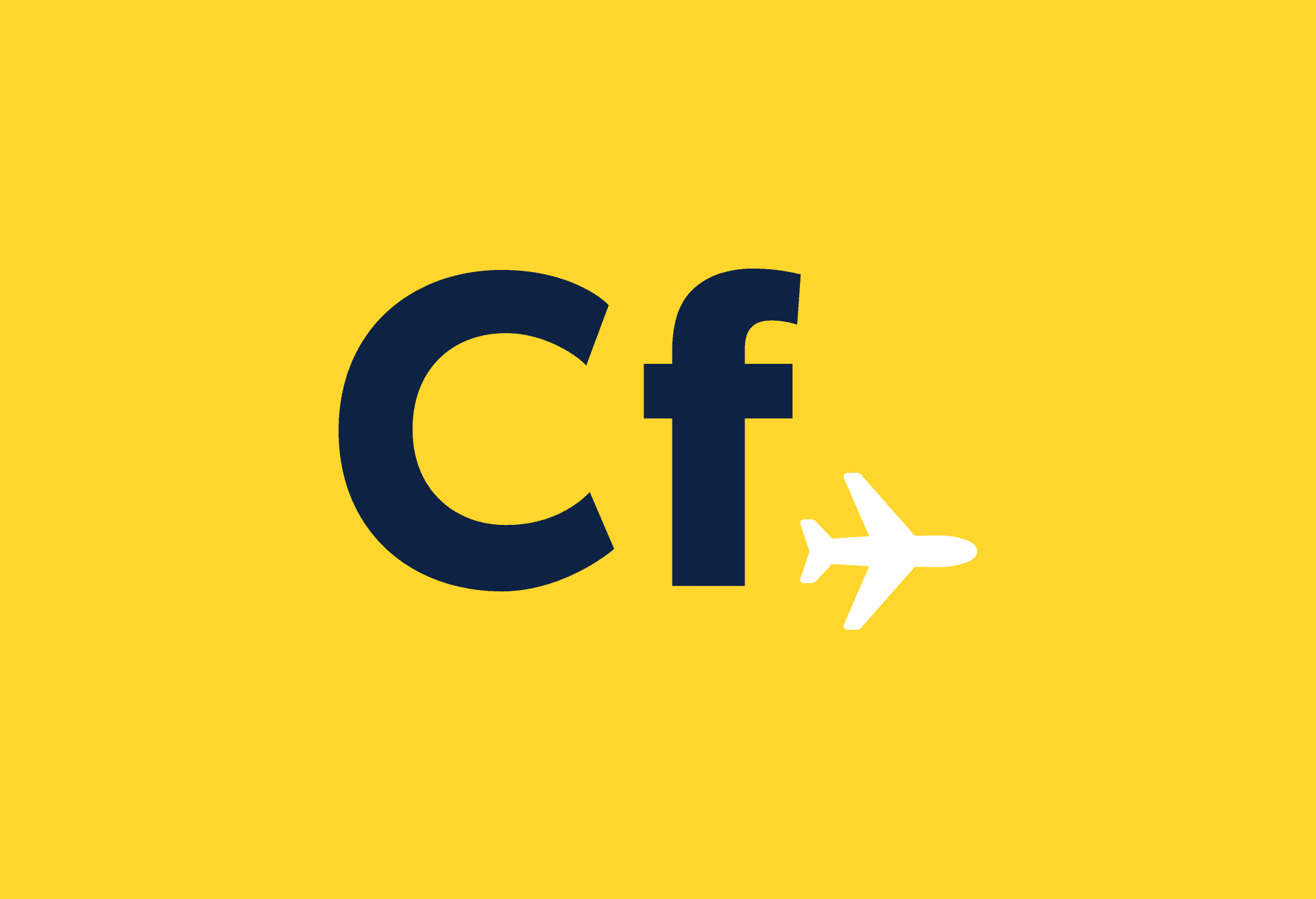Cash or travellers’ cheques … the options for holidaymakers
What’s the best way of looking after that hard-earned holiday money? There are several options – a roll of cash in a sock, debit card, credit card, pre-loaded currency card and travellers’ cheques. Cheapflights.co.uk runs through the five here:
Cash
It’s a great idea to have a little bit of local currency to start you off, but carrying around a fortnight’s worth is not the safest thing to do. To get the best exchange rate on your starter euros, dollars or baht order online. Never wait until you get to the airport. Order the amount of money you want and it will be delivered to your home or workplace. Depending on the provider – the Post Office for example – you can pick it up at a local branch. If you go with a provider such as Travelex, you order online and pick up at the airport. A couple of things to note are the commission and exchange rate. Sometimes the lack of a commission can mask a poor exchange rate so compare the number of euros, say, you’ll get for £500 Sterling. And check the fine print, most credit and debit cards charge a fee for buying foreign currency online.
While on hols, try not to flash the large denomination notes, and don’t carry it all with you. Split it up and ensure you use the hotel safe so that you’re not left without a cent if the worst happens.
Debit cards
Using a debit card is quick, easy and convenient, however, you can bank on there being a fee or three. The majority of cards “load” on the exchange rate to the tune of about 3 per cent (ie, £100 of foreign dosh costs you about £103), there may be cash withdrawal fees and interest charges too.
To minimise withdrawal fees, take out the maximum amount of money.
Credit card
There are a few advantages to using a credit card while on holiday. It’s free credit, as long as you clear your balance each month, the exchange rate will be competitive, and you have some consumer rights. First of all, you are covered if a company you’ve patronised goes bust. Under Section 75 of the Consumer Credit Act, if you buy an item abroad (costing more than £100), it doesn’t do what it’s supposed to do and you cannot get a replacement, you can direct your claim for a refund to the credit-card issuer. Things to remember about using a credit card are: don’t use it at an ATM to withdraw cash (you’ll pay a “cash advance” fee on this) and pay off your balance in full each month.
Currency cards
These have emerged in the past couple of years, their fame due, some would say, to the fact that they’re the only way to avoid airlines’ punitive credit- and debit-card fees. There’s usually a registration fee for these cards, you pre-load them with a certain amount of Sterling, euros, dollars or other currencies, and you use them just as you would a credit or debit card. You can withdraw cash from ATMs with them or use them to pay for hotel rooms, restaurant meals etc. They’re great for gappers as family members can top them up from home.
Travellers’ cheques
The safest. They are the most secure way to take money abroad because you can claim from the issuer if they are lost or stolen, but that security costs. You may be charged when you buy them and when you spend them.


